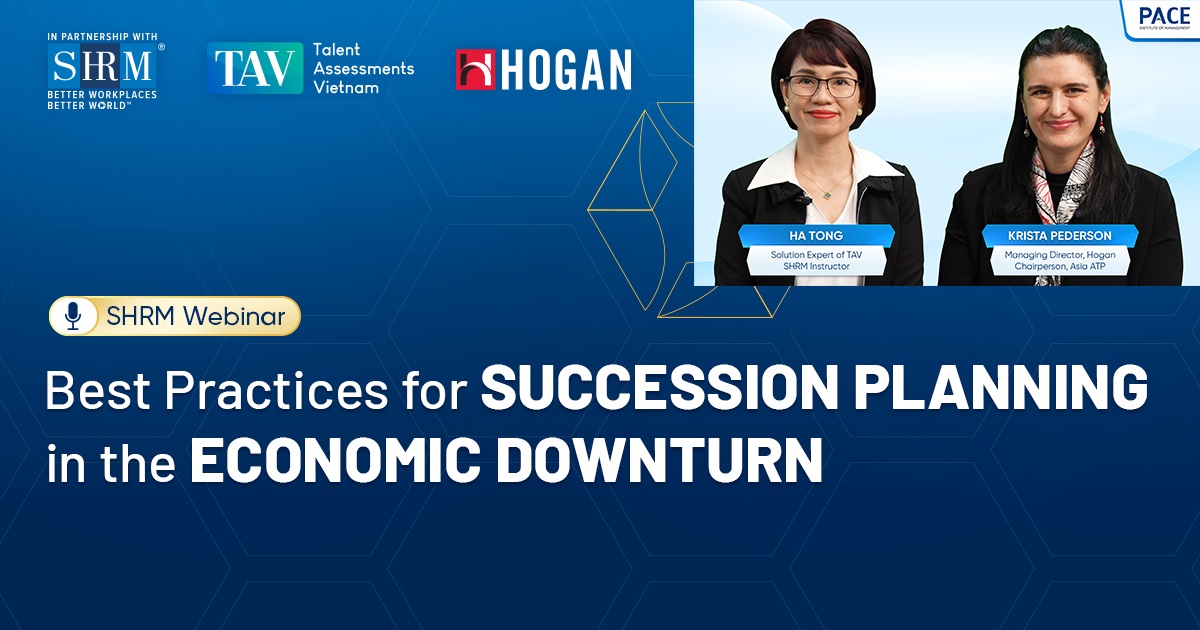HOW TO PRACTICE GLOBAL HR
Gaining global experience used to mean accepting an overseas work assignment or taking frequent trips to far-flung places abroad. No more. These days, even HR professionals at companies with no overseas offices often can claim some global experience in their roles. In fact, almost all organizations cross geographic boundaries in some way, whether it be with their customers, their suppliers or the workers with whom they engage.
“Even if you’re in the U.S. and you’re never going to leave these borders, you’re a global HR person,” says Carol Olsby, SHRM-SCP, managing director of Carol Olsby & Associates Inc., a global HR consulting firm based in Woodinville, Wash. “We work in very diverse companies. The skills you will learn are skills we use in the U.S., too.”
This view is also reflected in the SHRM Competency Model. The Global & Cultural Effectiveness competency, defined as “the ability to value and consider the perspectives and backgrounds of all parties,” is considered critical for both the SHRM-CP and SHRM-SCP certification exams. The listed behaviors cover technical aspects of international law as well as softer skills such as openness to others’ ideas and respect for various cultures.
“HR needs to be aware that, at the drop of a hat, [their employer] could make an international move,” says Michael Butler, director of HR outsourcing at consulting firm Cross Border HR in San Jose, Calif.
In the past, companies typically did not expand internationally until later in their life cycle, Olsby says, and this type of move took time. Today, change happens much more quickly.
Having a broad view can also help you be seen as a strategic business leader. “International experience will make you invaluable … by enabling you to bring a big-picture perspective” to the C-suite, says Danielle Monaghan, head of talent acquisition-consumer at Amazon.

Where to Begin?
If you’re just starting to build your global HR competency, it can seem overwhelming. “The more you learn about international HR, the more you learn how unique the U.S. is,” says Christine Sloan, SHRM-SCP, director of human resources for The Associated Press, where she supports over 3,000 employees in more than 100 countries. “[The U.S. doesn’t] have some of the policies [other countries] have: guaranteed vacation, mandated paid holidays … mandatory severance. We’re almost like an outlier.”
The major aspects of global HR—including skills related to diversity, inclusion and cultural proficiency—apply across borders. But to get a handle on the nuances of differing laws and economies, try focusing on one country or region to start.
You might need to ask your leaders, “ ‘Where are you thinking of going in the future, in two to three years?,’ ” she advises. “Then, make sure your HR skills are ready to take on those assignments.”
If your current employer has no plans for expansion, choose a region where your company’s competitors are operating or that fits with your career goals.
Here are some other tips for developing your global HR muscles:
Read industry content and research. The Society for Human Resource Management’s (SHRM’s) website has a section devoted to global HR, along with a free subscription-based e-newsletter on the topic.
Identify law firms, staffing agencies and consultancies with global services, and sign up for free or low-cost webinars, blog notifications and newsletters. You can find good resources through Baker McKenzie, DLA Piper and Lathan & Watkins, for example.
Look for relevant in-person or online classes. SHRM’s eLearning Library and seminars catalog include programs on international issues.
Build Your Network
If you already work for an employer with active global operations, let your manager know you’re interested in learning more. Find the appropriate players and ask to be assigned to a global project or to sit in on a conference call or meeting.
If your current employer doesn’t have a non-U.S. presence, find other ways to make international connections. Check if your local SHRM chapter has an interest group focused on global HR or look for other organizations in your area. For example, Olsby chairs the Global HR Consortium, a Seattle-based group of HR professionals in the tech industry.
Pack Your Bags (or Don’t)
In the past, many global HR assignments required a long plane ride or even relocation. Thanks to today’s technology, however, “you can go around the world in a day and never leave your house,” says Lisbeth Claus, professor of management and global human resources at Willamette University in Salem, Ore.
You may also want to travel for international projects on a short-term basis. Olsby points to a business opening an office in China whose HR executive sent experienced team members from the U.S. headquarters to the new location for two or three months to provide onsite training. “If you’re really committed, there are a lot of HR opportunities like that,” she says. Some larger multinational corporations may offer global HR assignments on a rotating basis.
Demonstrating language fluency or taking a language class can further demonstrate your commitment.
As your understanding of global issues grows, be sure to share your insights with leadership. “Seventy percent of global expansion costs are HR-related,” Butler says.
But keep in mind that the main requirement for acquiring global HR skills is simply curiosity and a commitment to lifelong learning. If you’re willing to push your own boundaries, going global can open up a whole new world.
|
Training Program
INTERNATIONAL HUMAN RESOURCE MANAGEMENT/IHRM
Internationalize the human resource management capabilities of HR professionals in Vietnam
Opening Date: Stember 13, 2018 in HCMC
Opening Date: Stember 20, 2018 in Hanoi
|








